In modern society, the notion of ethical luxury is becoming increasingly important. As responsible consumption gains ground, many people are wondering whether this notion can be compatible with ethical values. We explore this complex issue from a number of angles, looking at brands’ commitment to sustainable development.
Definition of ethical luxury: when quality goes hand in hand with responsibility
Ethical luxury transcends the traditional boundaries of prestige to embody a philosophy where quality goes hand in hand with social and environmental responsibility. Unlike the traditional view of this subject, which often focuses on exclusivity and pomp, ethical luxury takes a holistic approach. It takes ethical values into account at every stage of the manufacturing process, from design to the sale of the final product.
At the heart of this approach are fundamental principles such as respect for workers’ rights. The brands are committed to ensuring fair and safe working conditions for those who contribute to the manufacture of luxury goods. Preserving the environment is another major concern. Companies are seeking to reduce their ecological footprint by adopting responsible production practices, promoting the use of recycled materials and minimising waste.
For example, according to Princial magazine, transparency is an essential pillar of ethical luxury. Brands are required to communicate openly and honestly about their business approaches, from the provenance of materials to the conditions under which they are manufactured. This enables buyers to make informed decisions and choose items that correspond to their values.
Ethical luxury consumption: how to make informed choices?
Making informed decisions when it comes to buying ethical luxury is necessary to support brands that integrate responsible practices into their production. In a world where sustainable consumption is becoming increasingly important, customers have a key role to play in ensuring that their purchases reflect their values. Here are a few tips to help you do just that.
Look for certifications and find out about the organisation’s practices
Many organisations award certifications and labels to brands that meet high standards of sustainability and social responsibility. These labels, such as Fair Trade, GOTS (Global Organic Textile Standard) or B Corp, serve as benchmarks for identifying companies committed to ethical practices. When buying luxury goods, look for these symbols on packaging or brand websites to ensure that your choices are in line with your values.
Before making a purchase, take the time to find out about the company’s production practices. Check out their website, their sustainability reports and their social and environmental commitments. Companies that are transparent about their manufacturing processes are more likely to respect ethical standards. Also check whether the company adheres to codes of conduct or international standards on labour rights and protection of the environment.
Support ethical and sustainable luxury brands
By choosing to actively support companies that integrate these practices into their business model, you encourage other establishments to follow suit. Choose companies that invest in positive social and global initiatives, such as :
- Reducing carbon emissions,
- recycling of materials,
- support for local communities.
Make your choices known by sharing your experiences with friends and family and on social networks to raise awareness of ethical consumption.
Opt for quality and consider the overall impact
When it comes to luxury goods, choose quality and durability over transience. Choose well-designed items made from natural materials that will stand the test of time, reducing the need for frequent replacements. By investing in high-quality items, you’re helping to limit your ecological footprint in the long term, while enjoying goods that last.
Beyond the sustainability of the products themselves, consider a brand’s overall impact on society and the planet. This includes material sourcing practices, employee working conditions, packaging and distribution methods. A holistic approach to ethical consumption involves assessing the overall effect of a structure and choosing those that strive to minimise their environmental influence and promote the well-being of their workers.
The impact of ethical consumption on the luxury industry
The move towards more ethical consumption has had a significant impact on the luxury goods industry. The growing demand for sustainable products has forced traditional brands to re-evaluate their practices. They are also having to review their commercial strategies in order to align themselves with this new emerging trend. Against this backdrop, many companies in the sector have been forced to invest more in the research and development of sustainable materials. They have undertaken initiatives aimed at replacing traditional resources with more planet-friendly alternatives.
The aim of these investments is to meet consumer expectations and limit the ecological footprint of their products. Luxury brands have also been encouraged to form partnerships with environmental organisations. These collaborations enable them to benefit from specialist knowledge and expertise in the field of sustainability. In addition, this move towards ethical consumption has stimulated the adoption of measures to promote transparency and accountability throughout the supply chain. Brands are now required to account for their actions, both to meet customer expectations and to comply with current standards and regulations.
Luxury, ethics and innovation : towards a more responsible future
Luxury brands are engaged in a constant quest to integrate greater sustainability into their activities, which drives them to look for innovations. These efforts are reflected in the use of recycled or organic materials, which help to reduce the ecological footprint of their products while preserving natural resources. They are also investing in the development of new, more planet-friendly construction technologies.
These structures adopt circular business models, encouraging the reuse, repair and recycling of products. This approach aims to limit waste and extend the life of luxury goods, thereby contributing to a more sustainable economy. These innovative initiatives not only benefit the luxury goods industry, but also help to shape a more responsible future for the economy as a whole.
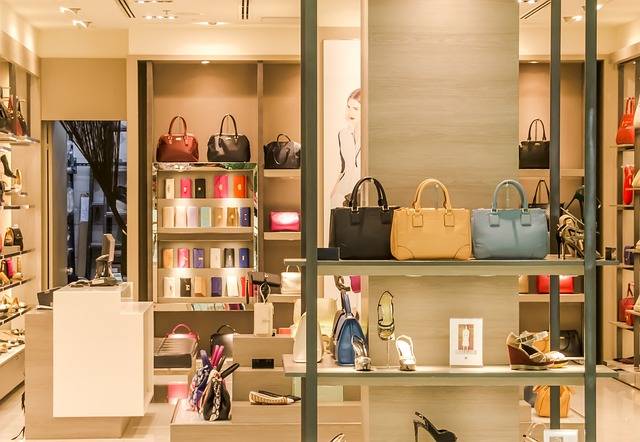
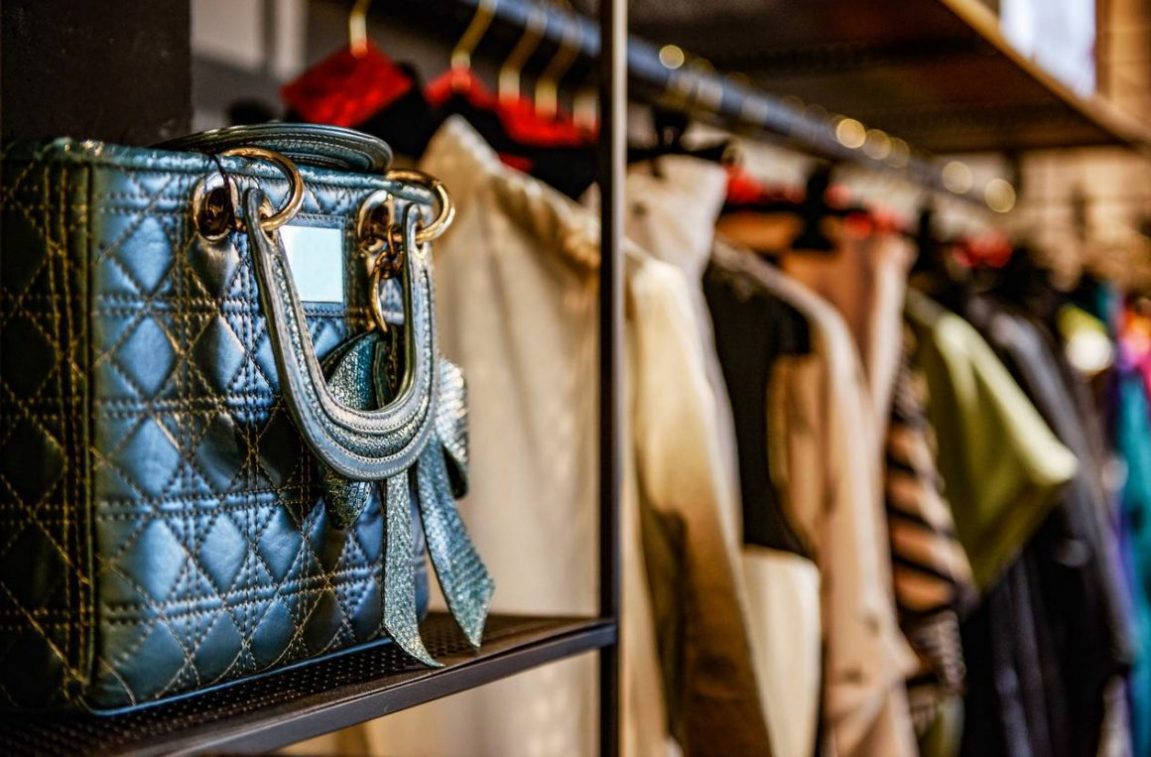







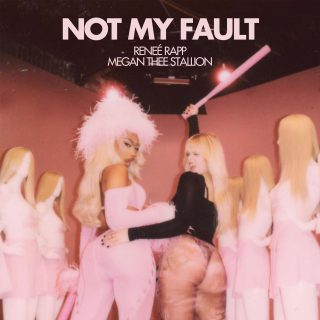





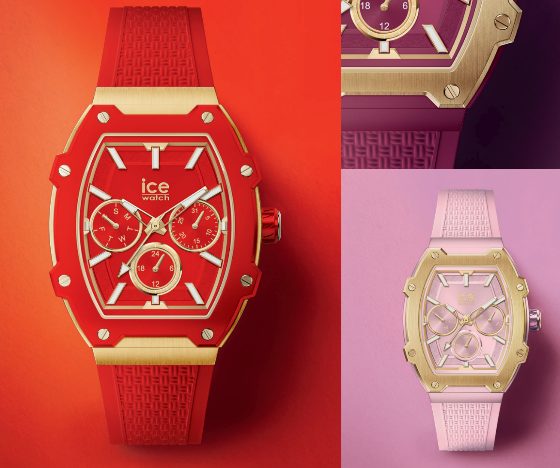
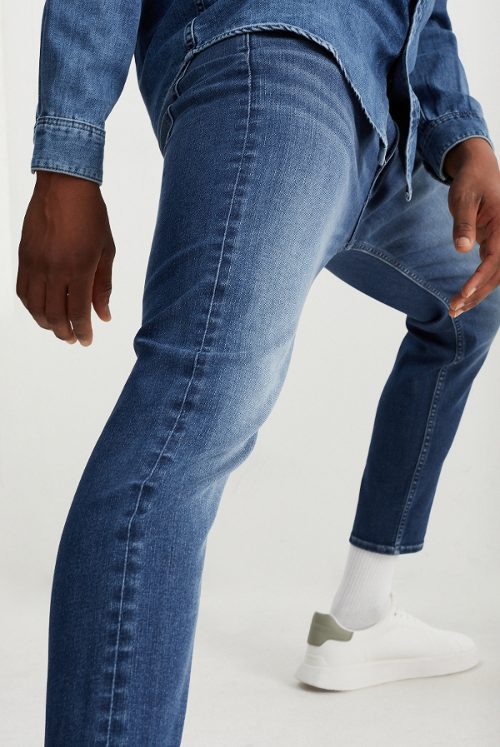
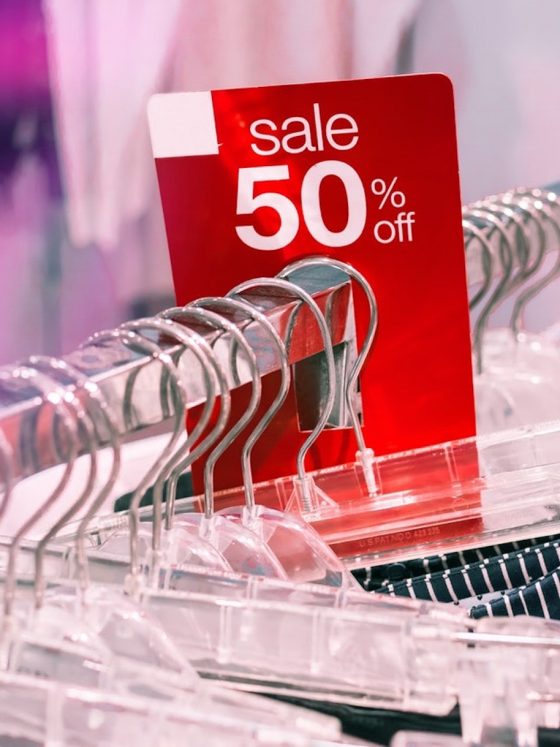










Follow us on Instagram